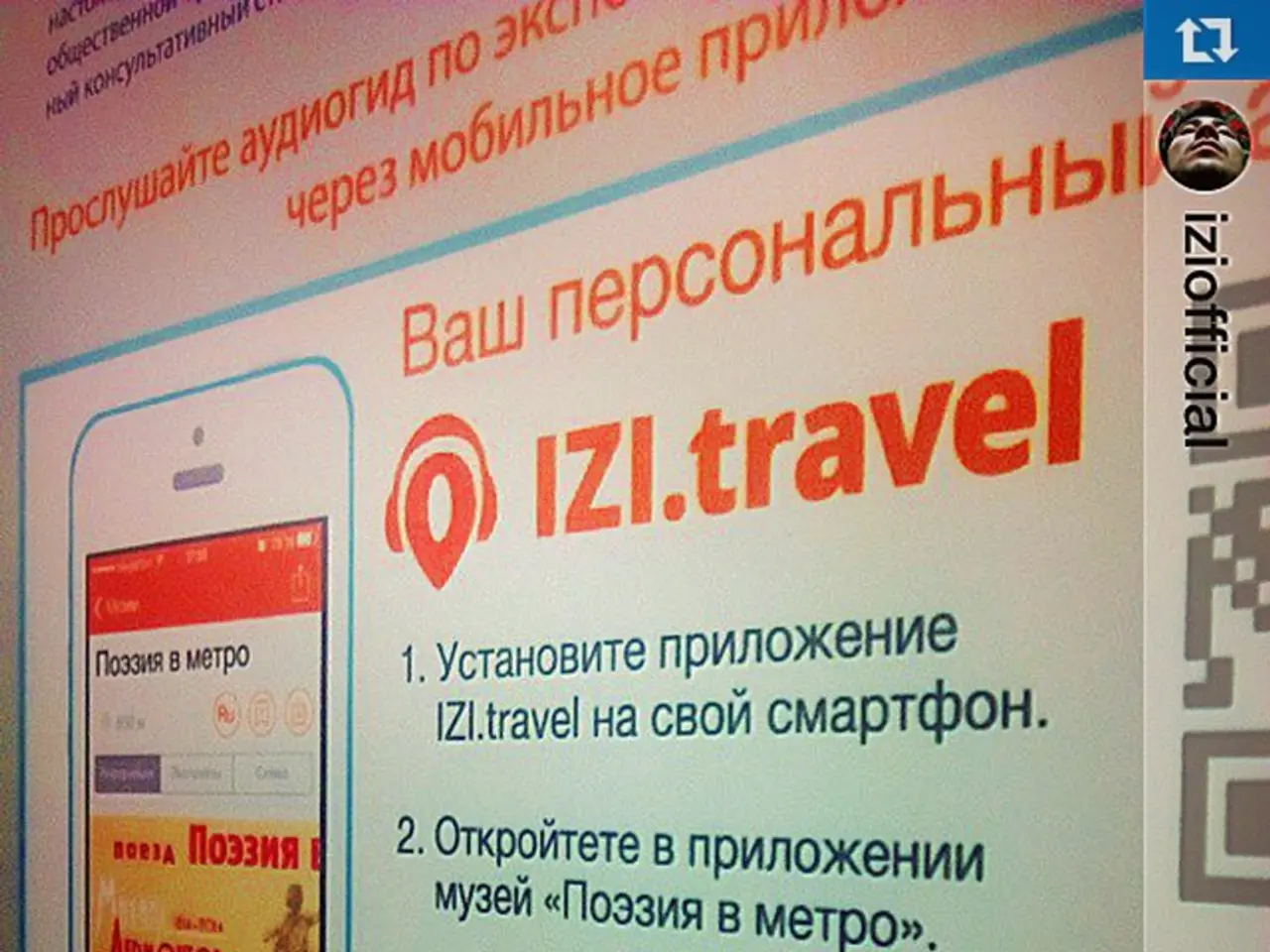"Five Modern Team-Oriented Project Management Tools Different from Microsoft Project"
In the fast-paced digital world, finding the right project management tool is not just about tracking tasks, but aligning people, processes, and priorities towards a common goal. As modern teams seek flexibility, real-time collaboration, and intuitive designs, several alternatives to Microsoft Project have emerged as viable options.
Teamhood: Flexible and Scalable Workflows
Teamhood is highly rated for its ease of use, flexibility, and support for multiple methodologies such as Agile, Kanban, and hybrid. It offers real-time collaboration with powerful Kanban boards, Gantt charts, workload views, and dependency management, making it more adaptable than Microsoft Project for teams larger than three members [1].
Hive: Customizable Workflows with Real-time Collaboration
Hive offers customizable workflows with drag-and-drop task cards, multiple project views (Gantt, Kanban, calendar), built-in chat, and extensive integration options. It emphasizes real-time collaboration and workflow automation suitable for dynamic teams, although it has a learning curve and relies on third-party services [2].
Asana: Customizable Collaboration with an Approachable UI
Asana is noted for its kanban-style interface, customizable features, and strong project tracking. It integrates well with popular tools like Slack, Zoom, and GitHub, providing intuitive collaboration and versatile project templates. Its free plan is robust for small teams, though it has some limitations like single-user task assignments and no built-in time tracking [3].
Basecamp: Simplicity and Asynchronous Communication
Basecamp focuses on simplicity and asynchronous communication, providing essential tools like message boards, to-dos, docs, schedules, and group chat. Its minimalist design helps teams quickly start working together without complex setup, prioritizing coordination and efficient communication over extensive customization [5].
These alternatives provide more flexibility and modern collaboration features compared to Microsoft Project, fitting diverse workflows and team sizes while offering intuitive, user-friendly designs geared toward real-time teamwork. When evaluating project management platforms, it's essential to consider factors like team size and structure, workflow complexity, integration needs, budget, and strategic alignment.
Other Notable Mentions
- Monday.com offers deep customization, including automations and the ability to create dashboards that reflect real-time progress.
- Triskell is a strategic planning software platform designed for medium to large enterprises, focusing on aligning projects with long-term business objectives.
- ClickUp includes native time tracking, workload charts, Gantt views, and Agile sprints.
- Wrike is best for large organizations needing robust reporting and cross-department collaboration.
- Triskell covers everything from goals and risks to budgets and KPIs, providing a holistic view of an organization's strategic roadmap.
- Asana's Timeline view acts as a simplified Gantt chart, making it easier to plan and adjust schedules without a steep learning curve.
- ClickUp is highly scalable, appealing to both individuals managing personal to-do lists and teams overseeing complex product launches.
- Wrike supports cross-functional collaboration, advanced reporting, and real-time visibility into workflows.
- Wrike offers robust integrations with tools like Salesforce, Adobe Creative Cloud, and Tableau.
Modern alternatives to Microsoft Project often offer freemium models or more accessible pricing, which is crucial for growing teams. As you explore these options, consider their unique features and how they can best support your team's collaboration, productivity, and overall success.
- The alternatives to Microsoft Project, such as Teamhood, Hive, Asana, Basecamp, and others, provide more modern collaboration features compared to Microsoft Project, offering real-time teamwork and customizable workflows tailored to diverse team sizes and workflows.
- Modern project management platforms, like Teamhood, Hive, Asana, and ClickUp, offer user-friendly designs and real-time collaboration, ensuring teams can efficiently communicate and align people, processes, and priorities towards achieving a common goal in the fast-paced digital world.




